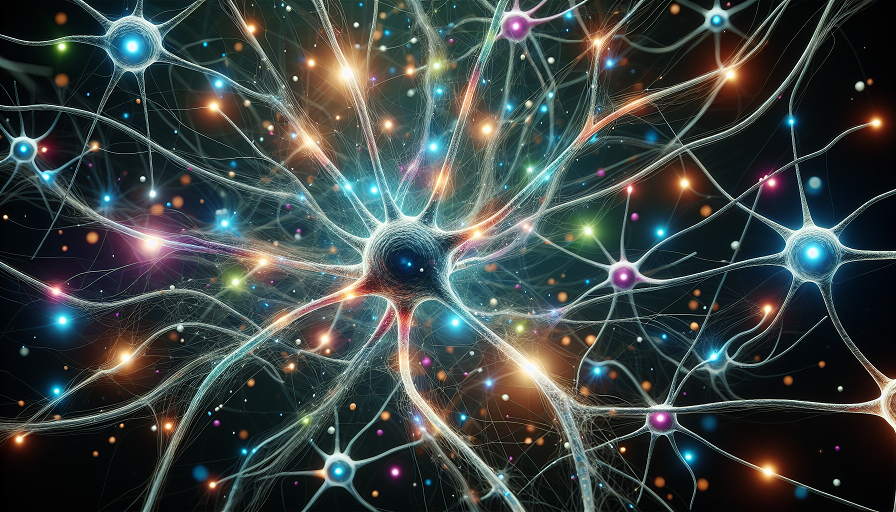
Mostly no – chess improves specific skills like pattern recognition, working memory, and planning, but it does not consistently raise IQ scores. Some studies report small or short-term bumps, especially in children or beginners, yet the effect tends to reflect practice-driven skills rather than a broad increase in intelligence.
Contents
What The Evidence Says
Research on board games and intelligence often finds improvements on tasks that look a lot like the training activity: remembering piece locations, calculating lines, or staying focused under time pressure. Randomized programs in schools sometimes show gains on reasoning tests after months of structured instruction, but follow-ups often show the benefits shrink when training stops or when tests shift to very different kinds of problems. The takeaway: chess builds near-transfer skills reliably and far-transfer to general IQ is limited.
Why Chess Helps Certain Cognitive Skills
Chess demands the same mental resources again and again, which makes those resources stronger and faster over time.
Working Memory And Visualization
Players hold multiple move sequences in mind while visualizing future positions. This repeated load trains short-term storage and mental imagery, useful for tasks like mental math or spatial planning.
Selective Attention And Inhibition
Good play means spotting relevant cues and ignoring flashy but bad lines. Sustained focus and the ability to drop a tempting move when a better one appears are core attention skills.
Strategic Planning And Error Monitoring
Every game is a laboratory for goal setting, hypothesis testing, and learning from mistakes. Players grow more systematic: they check forcing moves, scan for tactics, and evaluate trade-offs.
IQ Versus Skill: Important Distinctions
IQ tests aim to estimate a broad factor of reasoning across many tasks. Chess skill is narrower: it blends pattern memory, domain knowledge, and decision routines. Getting better at chess mostly means getting better at chess, with helpful side effects for attention and discipline. Expect meaningful cognitive tune-ups, not a new IQ number.
How To Use Chess For Cognitive Growth
If you want brain benefits, play in a way that stresses learning, not just winning easy games.
- Mix Time Controls: Use both rapid games to sharpen attention and longer games to practice deep calculation.
- Study Patterns: Tactics puzzles and basic endgames build a reusable mental library that speeds recognition.
- Review Losses: Annotate your mistakes and write a one-sentence rule you learned (e.g., “Don’t open lines near my king when behind in development”).
- Deliberate Practice Blocks: Spend 20–30 minutes on a single theme – forks, pins, mating nets, or a key endgame – then test it in live play.
- Cross-Train: Pair chess with aerobic exercise and solid sleep to support memory consolidation and attention.
Who Benefits Most – And What To Watch
Beginners and school-age learners often see the largest early gains because new patterns are absorbed quickly. Adults can still improve attention and planning, but progress is tied to how intentionally they practice. Watch for overuse: marathon blitz sessions can hurt sleep and mood, and excessive online play may reward impulsive moves rather than careful thinking. Keep sessions time-boxed and reflective.
Chess is excellent cognitive exercise, especially for attention, working memory, and strategic planning. It is unlikely to lift your IQ score in a lasting, global way, but it can make your thinking sharper in the contexts that matter day to day – evaluating options, holding details in mind, and learning from mistakes.

